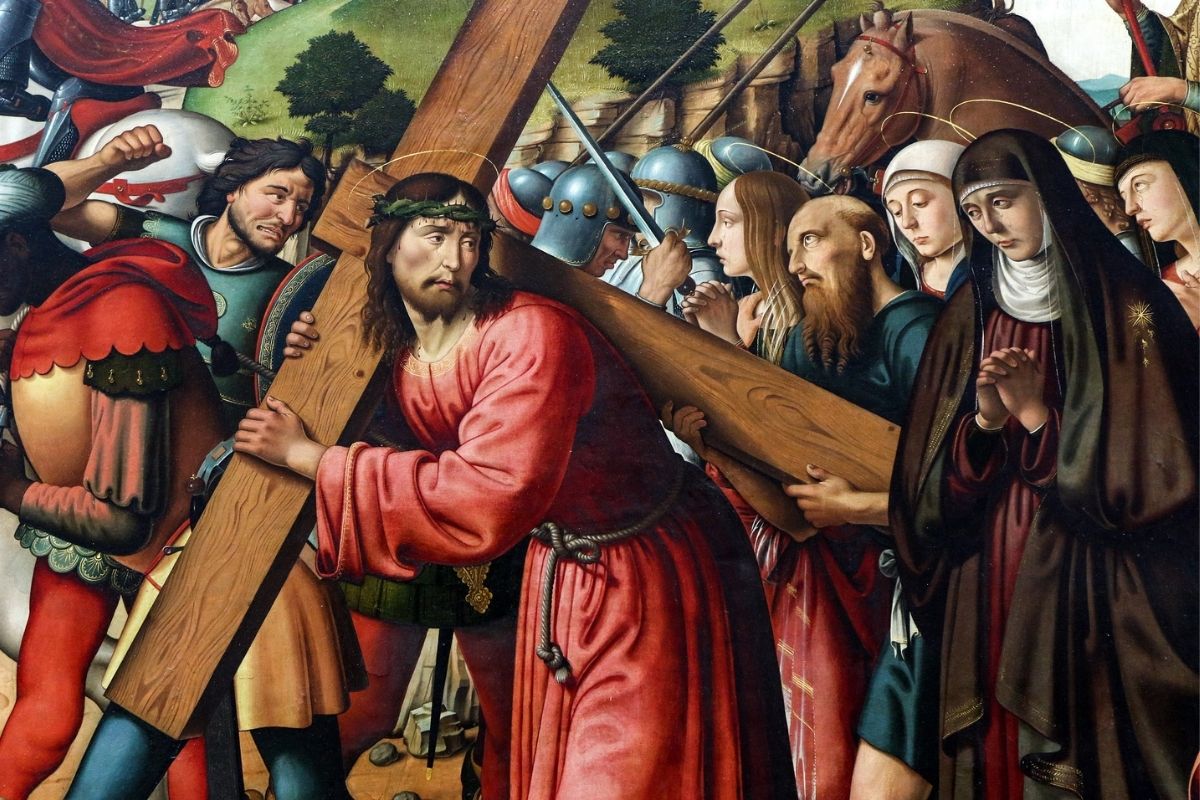
John 19:16–27 ‘Carrying his own cross, he went out to the place of the Skull (which in Aramaic is called Golgotha). There they crucified him, and with him two others – one on each side and Jesus in the middle.’ (vv17–18)
Whilst familiar, the crucifixion never loses its power. Even Jesus’ critics recognise His teachings as good, and there’s no evidence that He was a subversive seeking to overthrow authority.
He pointed to a kingdom not of this world (John 18:36) and refused violence, leaving no firebrand speeches on record criticising His accusers. Indeed, His final words included forgiveness for all the perpetrators of His death (Luke 23:34).
We, of course, are amongst those perpetrators, for it remains our sin that impaled Jesus to that tree. Jewish Law meant Jesus lost His identity by becoming a curse through His death (Deut. 21:22–23) – perhaps symbolised by the location, a garbage dump beyond the city limits.
For many, the gospel is rubbish today. Jesus remains outside life’s limits. We’re invited to communicate the reality of Jesus’ love, His message of salvation.
Freely available to everyone, it’s often out of sight and mind because it lies abandoned amongst life’s garbage (Luke 15:16–17).
We too can miss God’s Word, and Good Friday offers us the opportunity to look through the apparent discarded rubbish of our life in search of God’s truth.
God’s love is without limit but we may need to look beyond the limits of our own understanding to find God’s Word for us.
Mary, His mother, looked on with emotion beyond description. Yet, from amongst the garbage, Jesus’ voice addresses her (vv 25–27).
In His greatest anguish, Jesus remains vigilant and has a word for our encouragement. We too can encourage others.